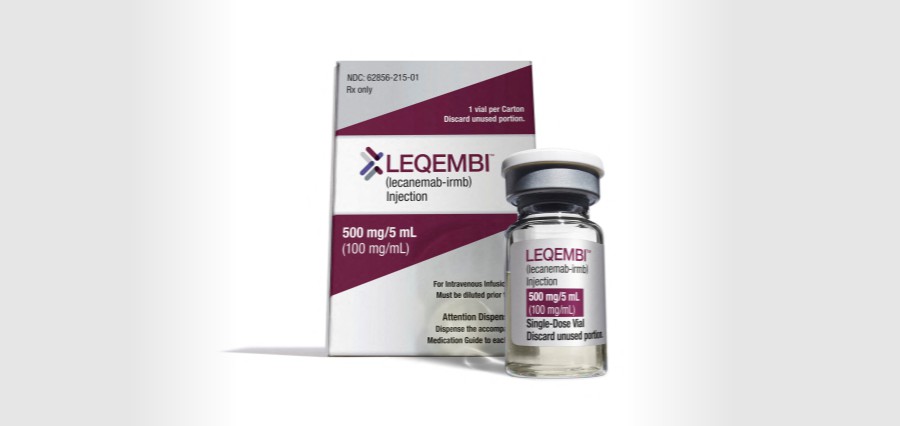The European regulators changed their minds and have thus recommended marketing authorization for the Alzheimer’s drug, lecanemab, branded as Leqembi, that it rejected in July. In reviewing the drug again, the European Medicines Agency (EMA) determined that its favorable risk-benefit profile does indeed apply to specific Alzheimer patients. Leqembi is given intravenously, one infusion every two weeks. It works by binding to amyloid beta protein, which aggregates in the brains of Alzheimer’s patients to create plaques. About 7.8 million people in the European Union suffer from Alzheimer’s disease, a chronic and invariably fatal neurodegenerative disorder.
The EMA considered Leqembi with reservations on the likelihood of serious adverse effects, brain swelling and bleeding. However, the regulators determined that the drug’s capability to decelerate the rate of cognitive decline outweighed risks for those specific individuals. Only patients who have one or no copies of the ApoE4 gene, a known genetic risk factor for Alzheimer’s, will receive Leqembi. Two copies of the gene increase the risk of developing side effects.
This drug will be sold through controlled access, meaning only the right patients shall be targeted by it. Patients are followed up through repeated scans in the brains to assess serious side effects. This is in line with the approach taken in the United States where it has been approved since 2023.
This notwithstanding, Leqembi remains unavailable through the UK’s National Health Service because, considering the value for money the drug was supposed to offer, the amount of benefit that it would bring seemed too little. In August, the Medicines and Healthcare products Regulatory Agency (MHRA) approved Leqembi, but no NHS funding has been offered because of cost-effectiveness concerns.
This approval marks a major milestone in Alzheimer’s treatment, as patients with such specific genetic patterns now have much greater hope.





